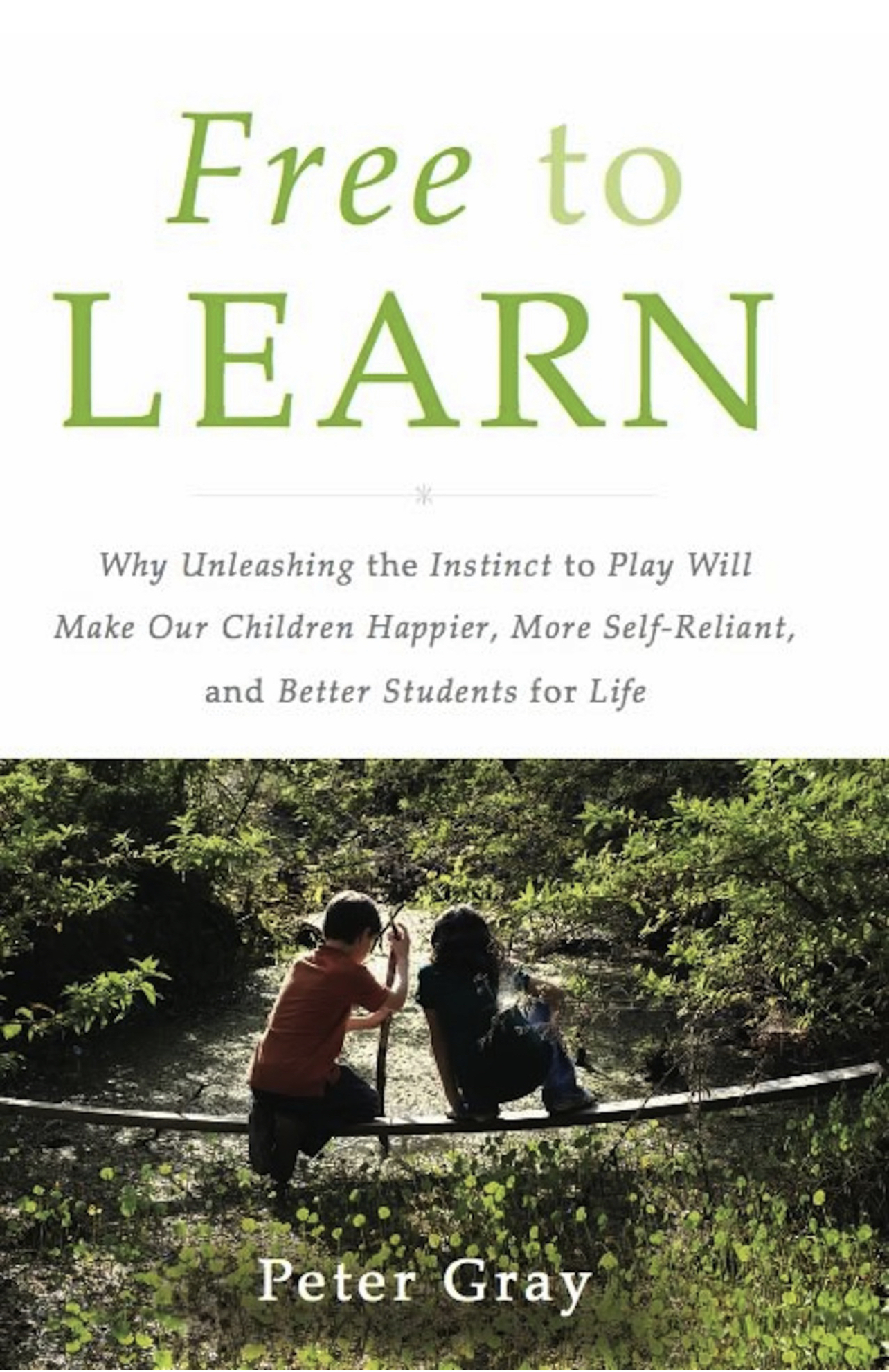Free to Learn Chapter 8. THE ROLE OF PLAY IN SOCIAL AND EMOTIONAL DEVELOPMENT
Author: Peter Gray Publisher: New York, NY: Basic Books. Publish Date: 2013 Review Date: Status:⌛️
Annotations
245
The Decline of Empathy and the Rise of Narcissism
246
Narcissism refers to an inflated view of the self, which tends to separate the self from others and prevent the formation of meaningful two-way relationships. Since the late 1970s, it has been assessed in normative groups of college students using the Narcissistic Personality Inventory (NPI), a questionnaire designed to tap the degree to which people are primarily concerned about themselves versus the degree to which they are concerned about others. Empathy is more or less the opposite of narcissism. It refers to a tendency to connect emotionally with others, to see things from others’ point of view, and to feel sympathy for others’ misfortunes. It has been assessed in normative groups of college students since the late 1970s with a questionnaire called the Interpersonal Reactivity Index. Scores on these questionnaires reveal a significant rise in narcissism over the years and a significant decline in empathy.17 The questionnaire scores are apparently valid measures; they correlate with real-world behaviors. For example, people who score high on narcissism have been found to overrate their own abilities compared to those of others, to lash out angrily in response to criticism, and to commit white-collar crimes at higher rates than the general population.18 Those who score low on empathy are more likely than the average person to engage in bullying and less likely to volunteer to help people in need.19
-
Konrath et al. (2011).
-
Blickle et al. (2006); Judge et al. (2006); Thomaes et al. (2009).
-
Konrath et al. (2011); Twenge and Foster (2010).
247
From all I have said in this chapter, it should be no mystery why a decline in play would be accompanied by a rise in emotional and social disorders. Play is nature’s way of teaching children how to solve their own problems, control their impulses, modulate their emotions, see from others’ perspectives, negotiate differences, and get along with others as equals. There is no substitute for play as a means of learning these skills. They can’t be taught in school. For life in the real world, these lessons of personal responsibility, self-control, and sociability are far more important than any lessons that can be taught in school.
248
In addition to the correlational evidence and logical arguments linking a decline in play to a stunting of emotional and social development, there is also experimental evidence. We obviously can’t conduct long-term experiments in which human children are deliberately deprived of play. However, such experiments can and have been conducted with animals. In some experiments, for example, rhesus monkeys have been raised with just their mothers and then compared to other rhesus monkeys who were raised more normally, with access to peers as well as mothers.20 Monkey mothers interact in many ways with their young, but they do not play with them, so those in the former group were deprived of play throughout their development. Not surprisingly, when tested as young adults, they were found to be abnormal in many ways. They showed excessive fear and excessive aggression. When placed in a novel environment, which would elicit a small degree of fear in a normal monkey, these monkeys reacted with terror and did not adapt to the environment over time as a normal monkey would. When placed with peers, they failed to respond appropriately to the other animals’ social signals and invitations. When a peer attempted to groom them, for example, they would lash out aggressively rather than accept the friendly overture. They also failed to show appropriate aggression-reducing signals in the presence of other monkeys and were therefore attacked more often than normal monkeys.
- Herman et al. (2011).
249
Similar experiments have been conducted with rats, with similar results. Rats raised without peer playmates exhibit abnormally high levels of both fear and aggression in various behavioral tests.21 In one set of experiments, some otherwise peer-deprived young rats were allowed to interact for an hour per day with a playful peer while others were allowed to interact for an hour per day with a peer that had been rendered nonplayful by injection of the drug amphetamine.22 Amphetamine knocks out the play drive in young rats without knocking out other social behaviors. The result was that rats with experience playing with a peer behaved much more normally in adulthood than did those with the same amount of exposure to a nonplayful peer. Apparently the essential interactions between young rats for normal emotional and social development occur in play. In other experiments, play-deprived young rats showed abnormal patterns of brain development. Without play, neural pathways running from frontal areas of the brain—areas known to be crucial for controlling impulses and emotions—failed to develop normally.23
-
Pellis and Pellis (2011); Bell et al. (2010).
-
Hall (1998); Einon et al. (1978).
-
Pellis and Pellis (2011).
249
It may seem cruel to raise young monkeys, and even young rats, in conditions where they cannot play freely with peers, for the sake of science. But if that is cruel, then what can we say about our current “normal” practice of depriving human children of free play with other children for the sake of protecting and educating them? It’s cruel indeed, and dangerous.
